“My Doctor’s Office” Should Accept Wearable Tech Health Data, Most Patients Say
Health Populi
NOVEMBER 1, 2023
Note that the patient sample was limited to consumers who had seen a health care provider in the past two years and who also owned and used a personal wearable health device such as an Apple Watch or Fitbit. This proportion of folks interested in sharing their wearable health data grew from 56% in 2021 to 91% in 2023.

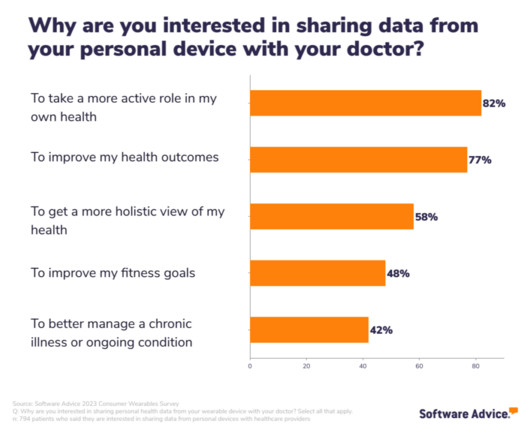
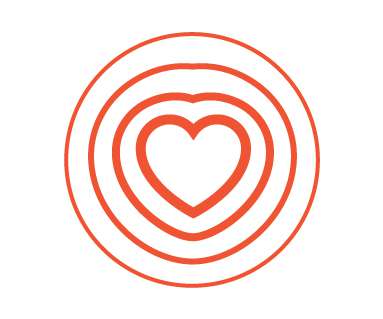


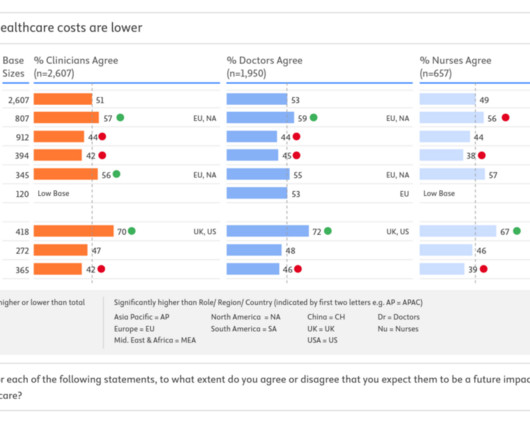

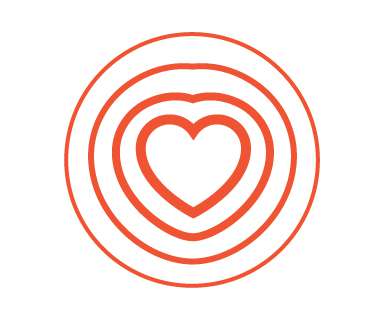



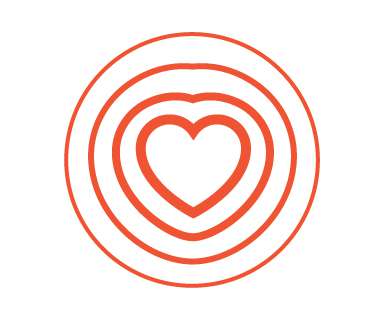
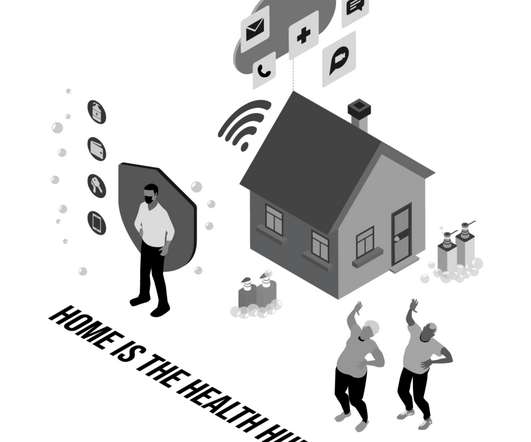






Let's personalize your content